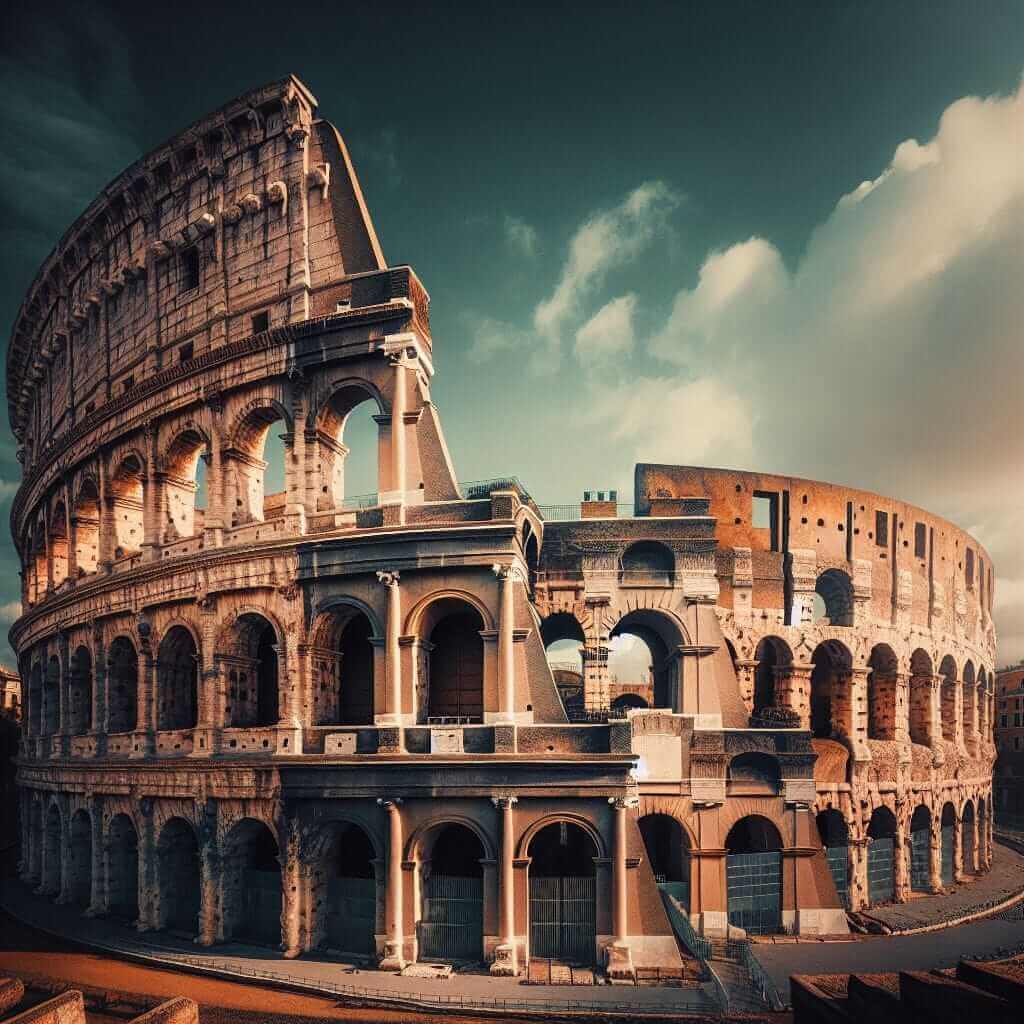The Speaking section of the IELTS exam is a critical component that tests a candidate’s English-speaking abilities. This section is divided into three parts: Part 1 (Introduction and Interview), Part 2 (Long Turn), and Part 3 (Two-way Discussion). Examiners evaluate candidates on fluency, coherence, lexical resource, grammatical range, and pronunciation. One common topic that appears frequently in the Speaking section is describing a visit to a famous historical site.
In this article, we will delve into various facets of the task “Describe a time when you visited a famous historical site,” incorporating sample questions, answers, and tips to help candidates excel in this part of the IELTS exam.
Part 1: Introduction and Interview
In Part 1, the examiner will ask you some introductory questions, which usually last about 4-5 minutes.
Common Questions in Part 1
- Do you like to visit historical places?
- When was the last time you visited a historical site?
- Which historical sites would you like to visit in the future?
- Why is it important to visit historical sites?
Sample Question and Answer
- Question: Do you like to visit historical places?
- Answer: Yes, I really enjoy visiting historical places. It fascinates me to learn about the past and see where significant events in history took place. For example, I recently visited a famous historical site, and it was an eye-opening experience.
Part 2: Long Turn
In Part 2, you are given a cue card with a topic on it. You have one minute to prepare and then you must speak for 1-2 minutes on the topic.
Cue Card Example
Describe a time when you visited a famous historical site.
You should say:
- Where it is located
- Why you went there
- What you saw
- How you felt about it
Sample Answer
I’d like to talk about a memorable visit to the Colosseum in Rome. Located in the heart of Italy’s capital city, the Colosseum is one of the most iconic historical sites in the world.
I visited the Colosseum during a trip to Italy last summer. The main reason for my visit was my deep interest in ancient history and architecture. I’ve always been fascinated by the grandeur of the Roman Empire and wanted to witness firsthand the remnants of such a legendary civilization.
Upon arriving, I was immediately struck by the sheer size of the amphitheater. It’s an architectural marvel, and I could hardly believe that such a massive structure was built nearly 2000 years ago. Inside, I saw the intricate arches and corridors, and I could almost hear the echoes of the past—the crowds cheering during gladiatorial contests.
The experience was absolutely unforgettable. I felt a profound connection to history and a newfound appreciation for human ingenuity. Walking through the ancient ruins, I could visualize the vibrancy of the past and felt a sense of reverence towards what the monument represents.
Part 3: Two-way Discussion
In Part 3, the examiner and the candidate engage in a more abstract discussion relating to the Part 2 topic.
Discussion Questions and Sample Answers
-
Examiner: Why do you think it is important to preserve historical sites?
-
Candidate: Preserving historical sites is crucial for several reasons. Firstly, they provide an educational resource for people to learn about different cultures and historical events. Historical sites are tangible links to our past, offering insights into how our ancestors lived and what they achieved. Moreover, they often have aesthetic and architectural significance that needs to be preserved for future generations to appreciate and enjoy.
-
Examiner: How can governments and individuals contribute to the preservation of historical sites?
-
Candidate: Both governments and individuals have roles in preserving historical sites. Governments can enact regulations that protect these sites from being altered or destroyed. They can also allocate funds for the maintenance and restoration of historical locations. On the other hand, individuals can contribute by spreading awareness and volunteering in preservation activities. Additionally, responsible tourism, where visitors respect the site’s regulations, plays a crucial role in ensuring these treasures remain intact.
Key Vocabulary and Structures
Vocabulary
-
Historical site
- Definition: A location where significant historical events took place.
- Example: The pyramids of Giza are among the most famous historical sites in the world.
-
Archeological marvel
- Definition: An extraordinary achievement in architecture or construction from the past.
- Example: The ancient city of Petra is an archeological marvel with its rock-cut architecture.
-
Preservation
- Definition: The act of maintaining and protecting something from decay or destruction.
- Example: Preservation of historical sites is vital to safeguard our cultural heritage.
Structures
- Complex Sentences: “While the Colosseum is a symbol of Rome’s grandeur, it also serves as a reminder of the violent spectacles that were once commonplace.”
- Cohesive Devices: “Firstly, secondly, moreover, in addition, however.”
- Descriptive Language: “The intricate arches, the massive amphitheater, an awe-inspiring experience.”
By incorporating such vocabulary and structures, candidates can demonstrate a higher lexical resource and grammatical range, which is crucial for achieving higher bands in the IELTS Speaking test.
Final Tips for Practicing Your Speaking
- Practice Regularly: Consistency is key. Regular practice will help you become more fluent and coherent.
- Record Yourself: Listening to your recordings will allow you to catch mistakes and areas that need improvement.
- Use English Daily: Try to incorporate English into your daily activities, whether through reading, conversing, or thinking in English.
- Stay Calm: During the exam, stay calm and focused. Confidence can significantly impact your performance.

By following these detailed insights and tips, you can enhance your speaking skills and increase your chances of performing excellently in the IELTS Speaking exam. Good luck!